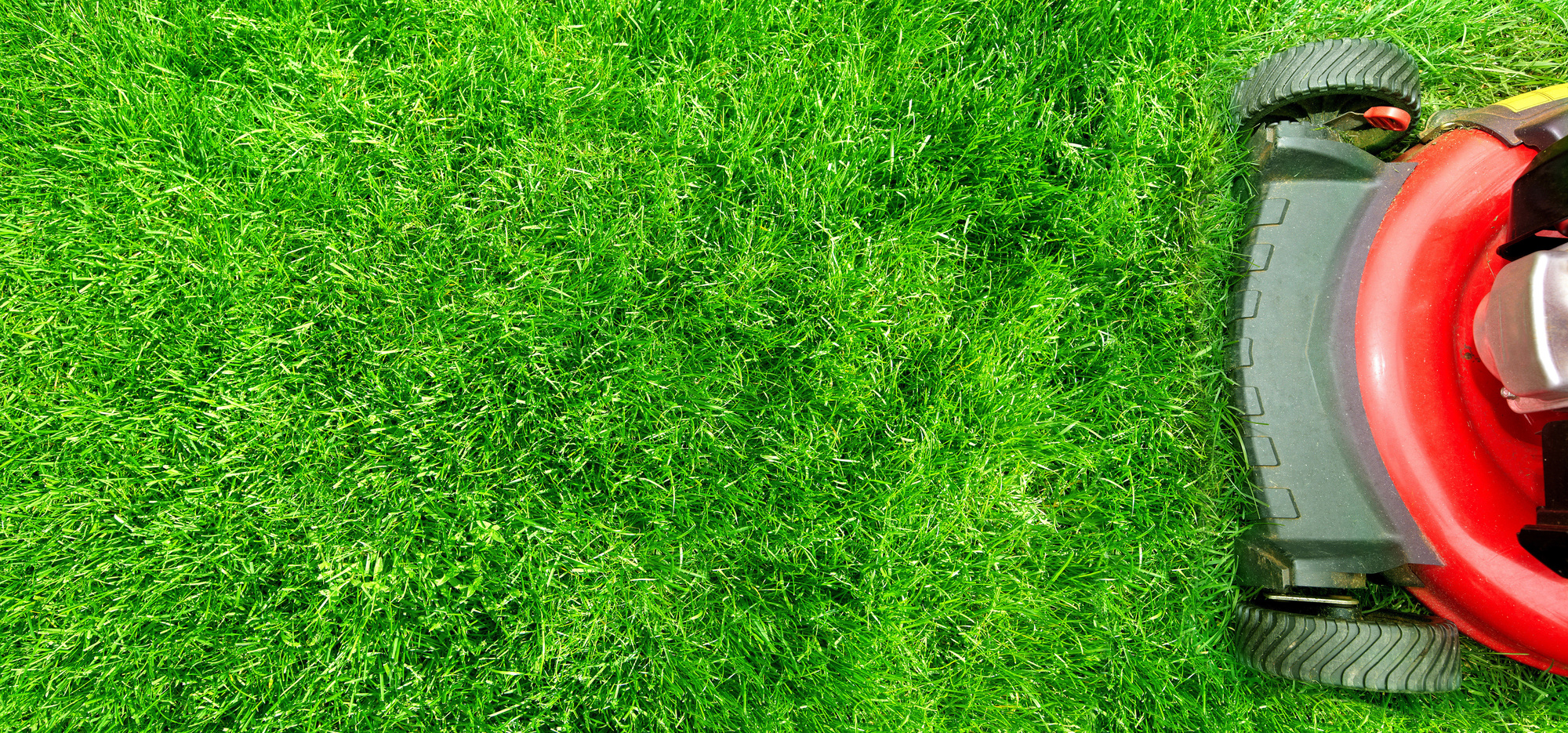Some Known Factual Statements About "DIY Garden Nursery: Building Raised Beds and Planters"

Creating a Sustainable Garden Nursery: Tips and Techniques
If you're zealous about gardening and delight in growing plants, developing a lasting landscape nursery can easily be a meeting effort. Whether you're looking to begin a little side business or yearn for to create a sustainable backyard space for your own usage, here are some recommendations and methods for generating an eco-friendly yard nursery.
1. Decide on the Right Location
The place of your backyard nursery is important to its sustainability. Look for an place along with great water drainage and accessibility to organic light. You must also take into consideration the closeness to water resources as it will definitely aid decrease the volume of water utilized in your landscape.
2. Use Maintainable Materials
When developing structures or using materials in your yard, choose for sustainable options whenever feasible. For instance, instead of utilizing addressed lumber or plastic, opt for redeemed timber or all-natural stone. Utilizing recycled products not just minimizes rubbish but likewise adds character and individuality to your backyard.
3. Install Rainwater Harvesting Systems
Rainwater produce devices allow you to gather and store rainwater that drops on your home. This water can easily after that be utilized for irrigation objectives, reducing the quantity of faucet water needed for your plants.
4. Apply Drip Irrigation Systems
Drip watering bodies provide water straight to grow roots, minimizing evaporation reduction and making sure that vegetations acquire only enough humidity without over-watering them.
5. Make use of Organic Plant foods
Chemical fertilizers include unsafe poisons that can easily harm both human health and the environment when overused or mistreated. Rather, make use of all natural fertilizers such as composted manure, worm castings or algae extract which are abundant in nutrients without leading to harm.
6. Compost Your Rubbish
Composting is an superb means of recycling kitchen refuse such as fruit scraps, veggie peels, eggshells etc., into nutrient-rich dirt modifications that can be used in spot of chemical substance fertilizers.
7. Promote Beneficial Insects & Wildlife
Encouraging favorable pests like ladybugs, honey bees, and butterflies may assist manage insect typically. Planting native species that attract birds and various other creatures can easily additionally generate a balanced community in your landscape.
8. Practice Integrated Pest Management
Integrated insect control is a comprehensive technique to pest management that entails utilizing natural procedures such as introducing predatory insects, crop turning, and partner vegetation instead of chemical substance pesticides.
9. This Article Is More In-Depth for Native Vegetations
Indigenous vegetations are adapted to the regional environment and dirt types, producing them simpler to increase without the requirement for added water or plant foods. They additionally provide habitation for nearby creatures, assisting to preserve biodiversity in your location.
10. Steer clear of Invasive Species
Invasive species can easily quickly take over a garden and damage native communities if not took care of effectively. Prior to including any kind of brand new plant species to your garden, investigate it thoroughly to ensure it's not intrusive in your area.

In final thought, generating a lasting garden nursery calls for cautious planning and interest to particular but is eventually rewarding both for you and the setting. By utilizing lasting components, accumulating rain for watering functions, composting rubbish products in to nutrient-rich soil changes among other things you can easily dramatically lower the ecological impact of gardening while marketing well-balanced plants growth at the very same opportunity.
